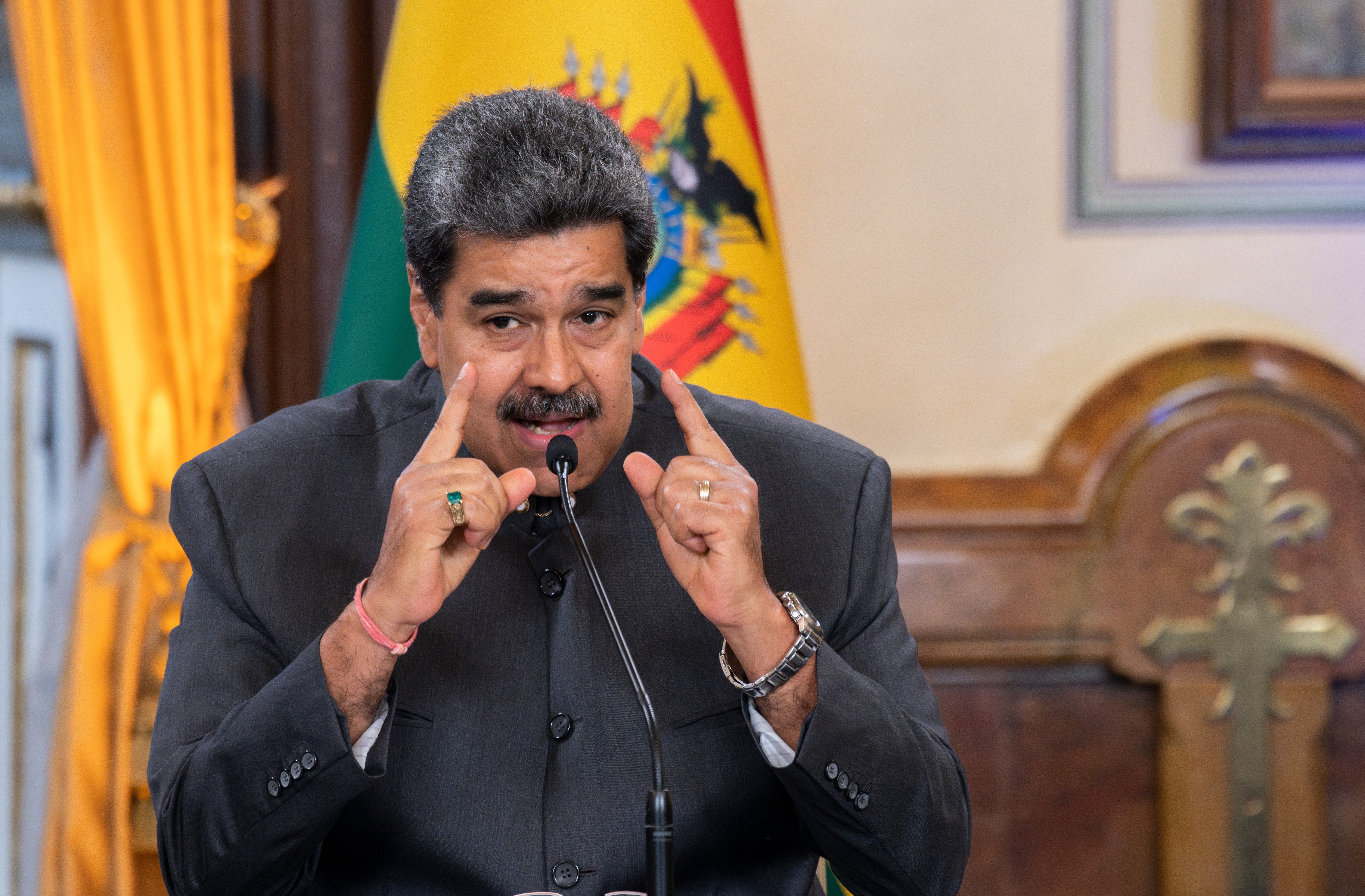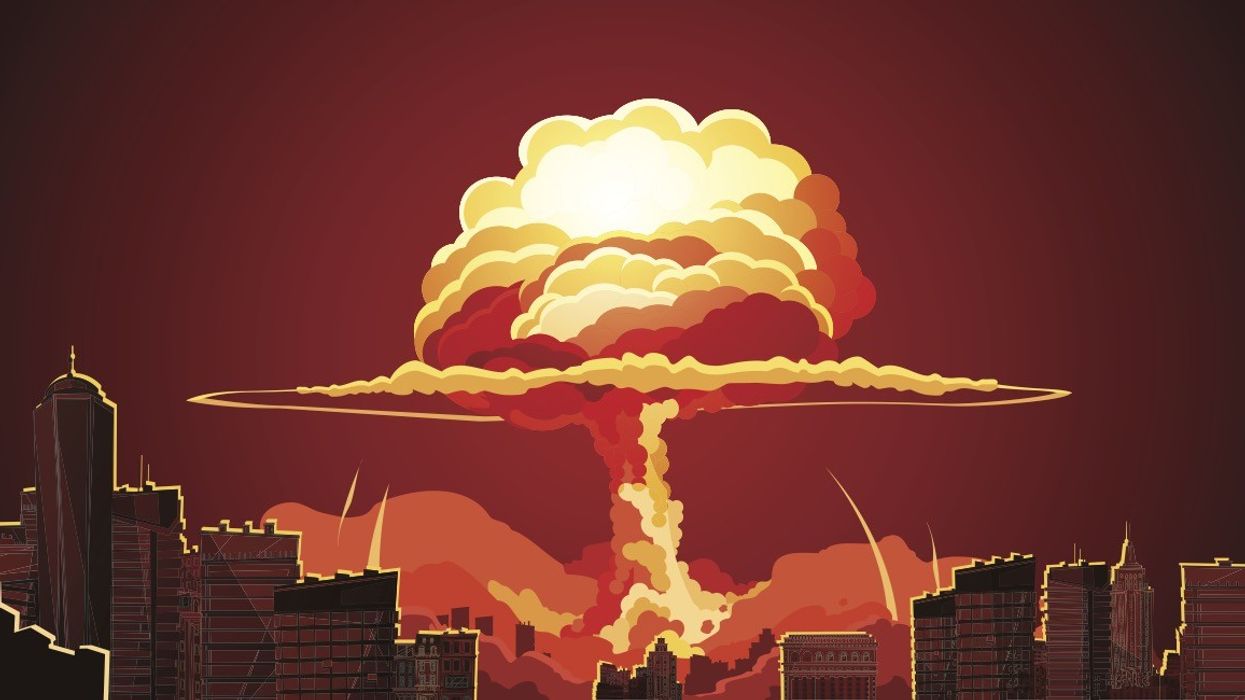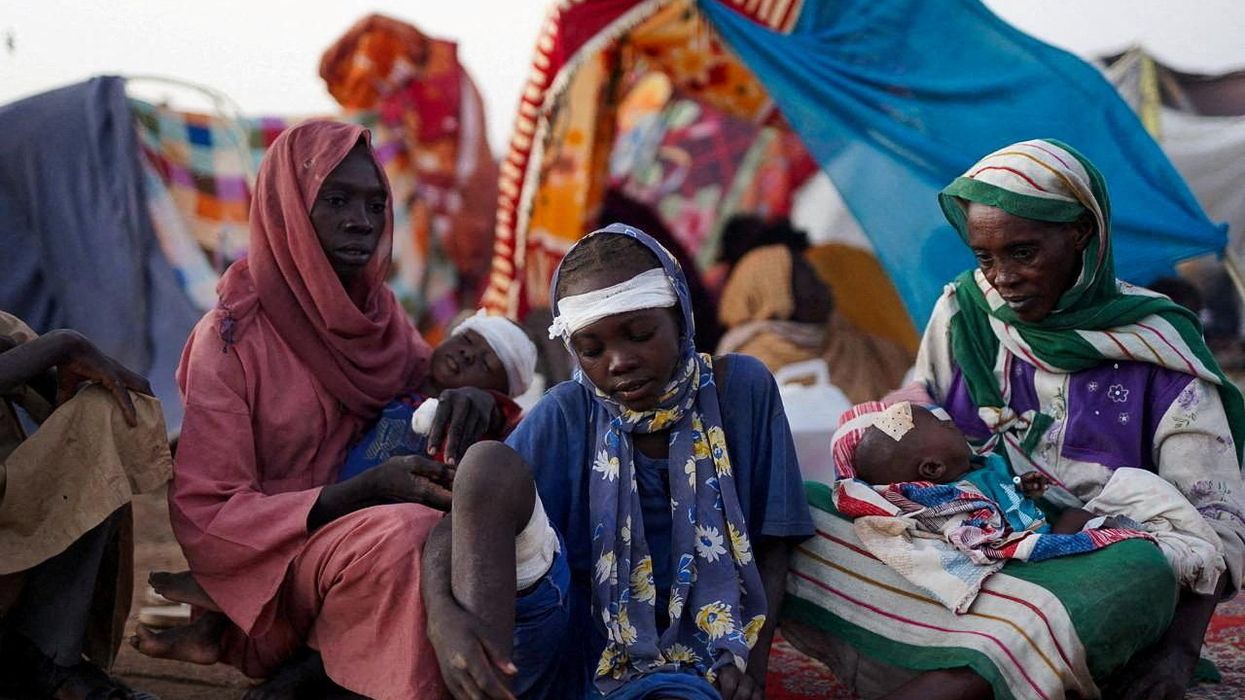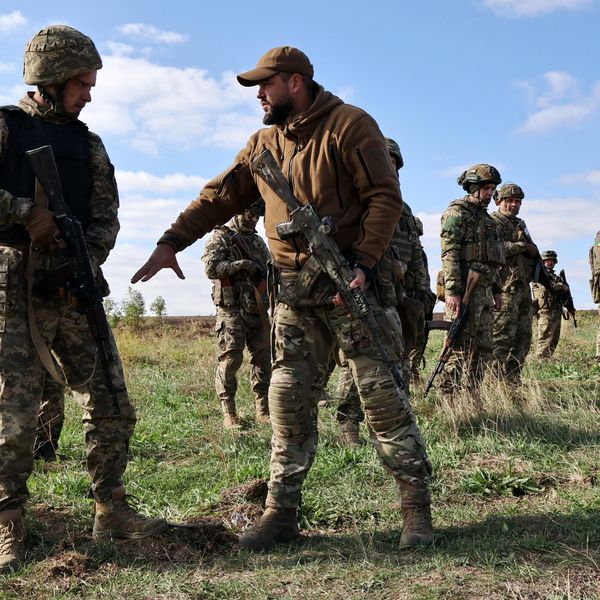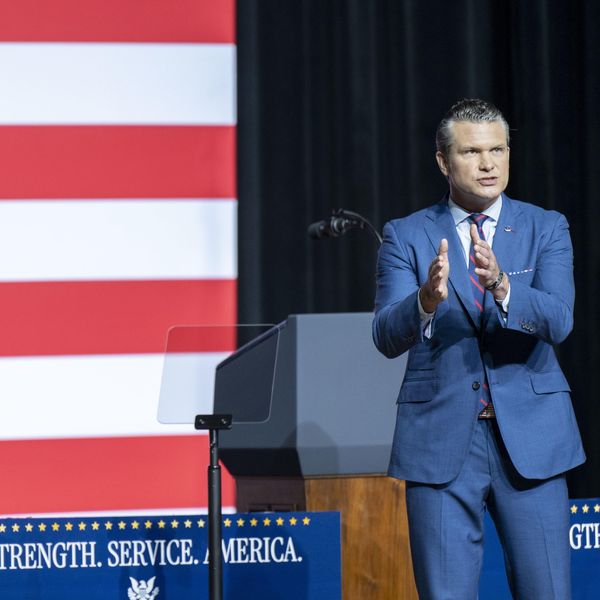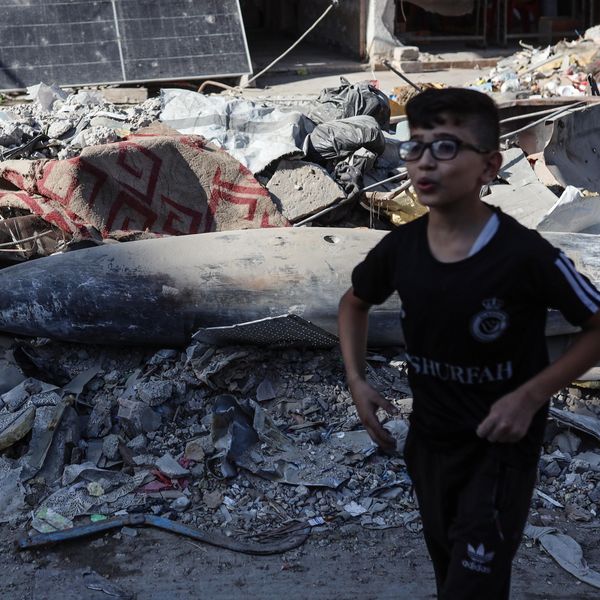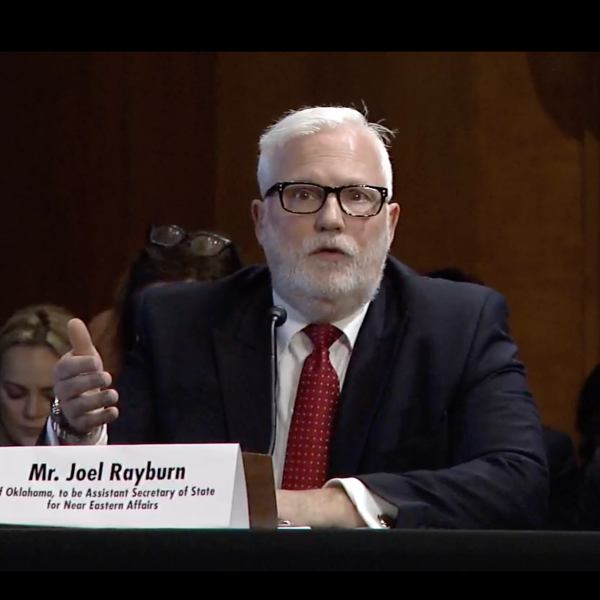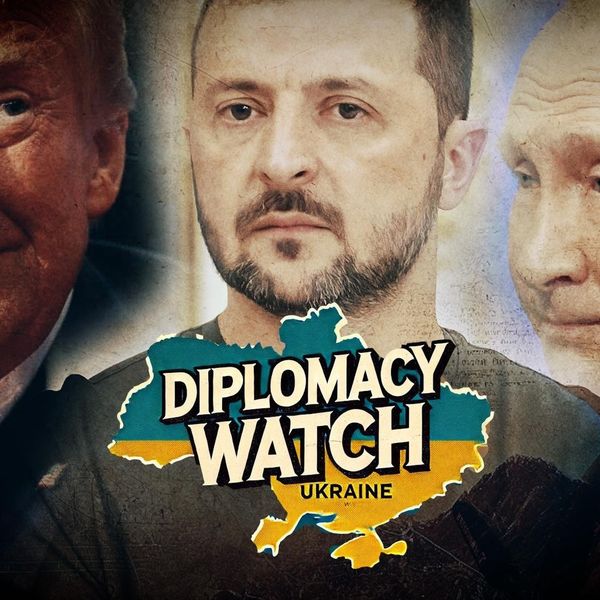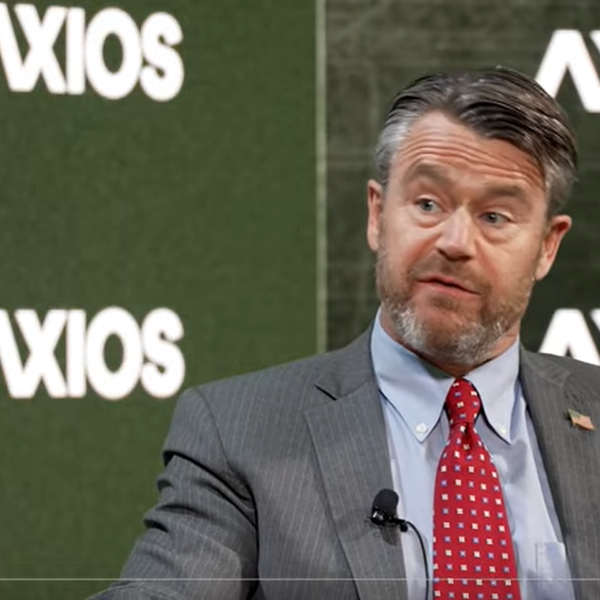On December 4, Venezuelan voters reportedly approved a referendum to annex Essequibo, a Florida-sized portion of neighboring Guyana. On December 5, president Nicolas Maduro ordered his government to “immediately” explore and exploit the oil, gas and mines in the disputed region.
But by December 15, a military conflict between the two countries had ostensibly been avoided, for now. So what happened?
The status of Essequibo
The modern history of the Essequibo dispute began in 1814, when Great Britain assumed control of the future British Guyana (including Essequibo) via a treaty with the Dutch. For the rest of the century, Britain and the newly independent Venezuelan state filed competing claims to the region, largely either in favor of or against the Schomburgk line, a territorial boundary drawn in service of the British. Once gold was discovered there, these claims became increasingly aggressive, and the parties agreed to submit to an international tribunal (with the United States representing Venezuela).
The 1899 tribunal awarded British Guyana more than 90% of the territory and every gold mine. Venezuela criticized the ruling, and many Venezuelans believe the decision was the result of collusion between the Russian and British delegations. Earlier this year, Maduro said, “Our [Essequibo] has been de facto occupied by the British Empire and its heirs and they have destroyed the area.”
Over the years, the intensity of the dispute has ebbed and flowed. In 1958, Venezuelan dictator Marcos Perez Jimenez planned an invasion of Essequibo before he was ultimately overthrown, and Venezuela continued to insist into the 1960s that the 1899 tribunal’s ruling was null and void (owing to the alleged collusion).
In 1966, Guyana was granted its independence, shortly after that year’s Geneva Agreement between its colonial ruler and Venezuela. This accord is essentially a temporary agreement to come to a permanent solution, stating that, should the two parties fail to resolve the border dispute peacefully, “they shall refer the decision as to the means of settlement to an appropriate international organ upon which they both agree or, failing agreement on this point, to the secretary-general of the United Nations.”
It is likewise important to note that while the document recognizes Venezuela’s position that the 1899 ruling was null and void, it does not endorse it, and therefore the territorial status quo remains.
In the wake of the mid-2010s discovery of massive offshore oil deposits in Guyanese waters, the Maduro regime has pursued a revanchist line. In addition to the referendum, his government has instructed the state oil company PDVSA to begin planning the extraction of oil in Essequibo, directed the legislature to nullify offshore oil contracts granted by Guyana, and increased its military presence along the disputed border.
In response, Guyana has fortified security ties with Brazil and the United States. The two parties are closer to conflict than they have been in years.
Reasons for skepticism
The specter of Essequibo looms large in Venezuela. The region is marked in red in school textbooks as the “zone in reclamation,” and Venezuela’s claims resonate with much of the country’s population. Even the opposition primary’s victor, Maria Corina Machado, posted, “We Venezuelans know that Essequibo belongs to Venezuela and we are determined to defend it,” while attacking the Maduro government for its insufficient devotion to the cause of annexing Essequibo.
Yet there are sound reasons to believe a full-scale invasion is not imminent. The chief indication is the timing of this latest escalation. The referendum was announced prior to the opposition primary. The opposition, though divided on whether the referendum should occur (an alternative, supported by Guyana’s President Irfaan Ali and some of the Venezuelan opposition, was to let the claim go before the International Court of Justice, where the UN said it should go), overwhelmingly supports the Venezuelan claim to Essequibo. With a general election on the docket in 2024 and an unpopular Maduro presiding over precarious economic conditions, Maduro was likely using this crisis to rally nationalists around his platform, divide the opposition, and brand them as puppets of foreign interests.
Furthermore, Maduro might not want to mess with what appears to be an improved reputational standing in the region. Despite what many see as Washington’s failed “maximum pressure” regime change campaign, governments are increasingly more willing to engage with Venezuela. In Brazil (which shares a border with both Guyana and Venezuela), President Lula da Silva supported Caracas’s aspiration to join the BRICS grouping.
Meanwhile, Colombian President Gustavo Petro hosted negotiations to resolve the Venezuelan political crisis and partnered with Maduro to achieve ceasefires with Colombia’s armed groups. Even the United States forged an agreement with Venezuela to lift some oil sanctions in return for political concessions, and Washington is permitting Chevron to again pump Venezuelan oil. Venezuela is no longer the pariah it was, and Maduro has survived several overlapping challenges to his rule.
It would not stand to reason that he would jeopardize his standing at home and abroad over Guyana.
At the same time, many of the governments willing to engage with Venezuela have a stake in avoiding war. Prodding from Brazil, Colombia, and Caribbean states encouraged both parties to come to the table for negotiations in St. Vincent on December 14, which produced a mutual agreement not to use force, a commitment to establishing a joint commission to address Essequibo-related issues, and a framework for future negotiations in Brazil. While not a permanent solution, this could defuse tensions for a period of time.
Brazil’s interests in regional integration and UN Security Council permanent member status have guided its stance, which has combined military deployments and calls for negotiations in response to Maduro’s calls to annex the disputed territory. The Caribbean Community has backed Guyana despite receiving energy subsidies from Venezuela for years. Finally, China, which has taken a neutral position on the dispute and has strong relations with both countries, has a vested interest in preventing a war, given its national oil company’s 25 percent stake in the ExxonMobil-led consortium controlling the Stabroek oil fields, located just offshore of Essequibo.
Then there is the question of capability. Venezuela’s military would initially be better equipped than Guyana’s, with more than 100,000 men, 600 armored vehicles, 200 main battle tanks, 100 combat capable planes, and dozens of helicopters, in comparison to Guyana’s 4,000-5,000 active personnel. However, the Venezuelan military suffers from corruption, mismanagement, and desertions, which have hindered its performance. Namely, the tanks Venezuela sent to the Colombian border during a standoff in 2008 failed to make a difference, as poor maintenance rendered many of their gun sights inoperable. Lack of maintenance and parts reportedly have left much of their air force currently grounded.
Even if Maduro were able to garner the requisite soldiers, a Venezuelan incursion would have to navigate jungles and swampland, as well as overcome the inherent advantage of the defense. There are no roads from Venezuela into Essequibo (rendering even well-maintained tanks useless), and sustaining a military presence in the country would prove a challenge given the terrain and the military’s state of disrepair.
Role of the United States
So far, U.S. officials “have yet to see the sort of activity along the border they would expect if Maduro intended to launch an imminent, full-scale invasion.” But should one occur, Washington should not intervene militarily. An American intervention would lend credence to Venezuelan propaganda that claims the conflict is the product of Western imperialists and ExxonMobil. It could also, as was the case in Libya, morph into a regime change campaign in a country where Washington’s recent track record of picking winners and losers is abysmal.
Finally, there are few American interests at stake in the jungle of Guyana, so sending forces to the region would endanger them for little geopolitical gain.
While a Venezuelan invasion would be a tragedy for the people of Guyana, it is also an unlikely outcome in the near term, as well as one that should not be countered by the United States joining the war.
